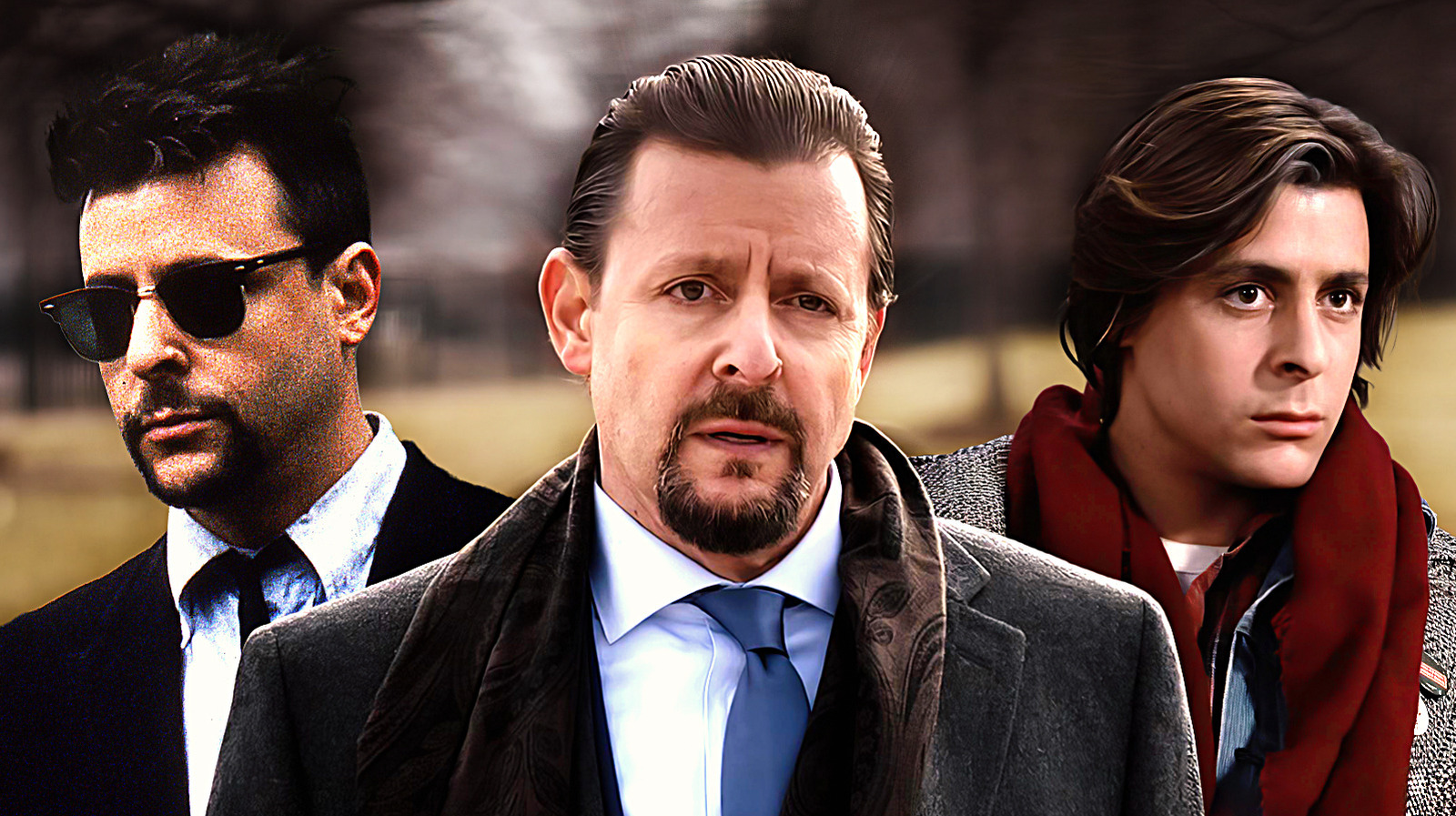

Beginning in the late 1960s and spreading into the 1970s, American cinema was revolutionized by the New Hollywood movement. At the forefront of this movement was a crew of directors from different entertainment disciplines (film, theater, or television) who spoke to the exploding youth counterculture with classics like “Bonnie and Clyde,” “The Graduate,” and “M*A*S*H.” The world felt like it was going mad, but the movies were somehow helping us make sense of this descent. Before moviegoers could adjust to this newfangled mode of motion picture art, the film brats arrived. Francis Ford Coppola, Brian De Palma, Martin Scorsese, George Lucas, and Steven Spielberg rattled the industry’s cage in wildly different ways. It was a glorious time. Then studios, with the perhaps unwitting assistance of Lucas and Spielberg, locked in on a formula: They could make hundreds of millions of dollars off a single movie if they hit the right commercial buttons. It was at this moment that the New Hollywood era died.
No filmmaker of that era thrived more brilliantly than Coppola, whose four-film run of “The Godfather,” “The Conversation,” “The Godfather Part II,” and “Apocalypse Now” is considered by many to be an insurmountable achievement, and no one took it on the chin as viciously as he did with the near-career-killing debacle of “One From the Heart.” Coppola was reeling. He needed a hit to keep the tattered dream of his company, Zoetrope Studios, alive. So acting on the advice of schoolchildren, he made an adaptation of S.E. Hinton’s young adult novel “The Outsiders.” In doing so, he had to populate his film with young actors who could look authentically of the mid-1960s era while also selling the wrong-side-of-the-tracks angst that made the book so popular. Casting directors Janet Hirshenson and Jane Jenkins dug deep, and emerged with an astonishing cast of fresh faces that included C. Thomas Howell, Patrick Swayze, Tom Cruise, Emilio Estevez, and Rob Lowe.
The moniker “Brat Pack” would not be applied to these actors until 1985, but by 1984, with sexually frank teen comedies like “Fast Times at Ridgemont High” in heavy rotation on pay cable and “Sixteen Candles” hooking an entire generation on the snarky-sentimental aesthetic of John Hughes, it was clear that a new cinematic movement had arrived.
If the Brat Pack had a “The Godfather,” it’s “The Breakfast Club,” and if it had a Marlon Brando at the time, it was Judd Nelson. He was hot, rebellious, and undeniably talented. The future was his. So why did his career fail to reach such heights, and why is he seemingly done with Hollywood?

Leave a Reply